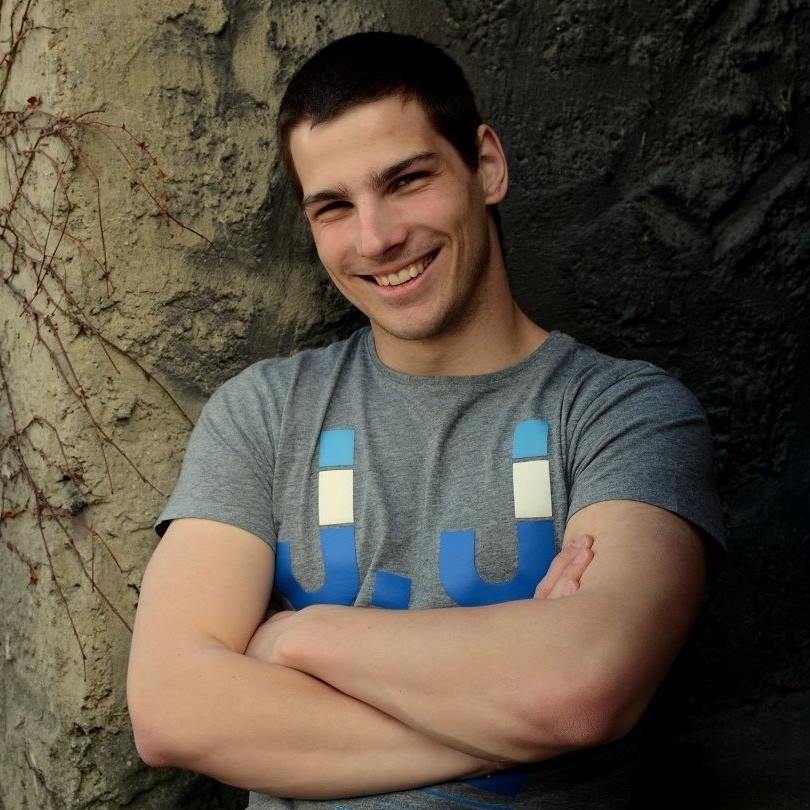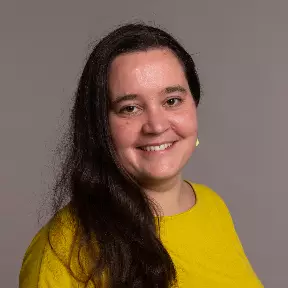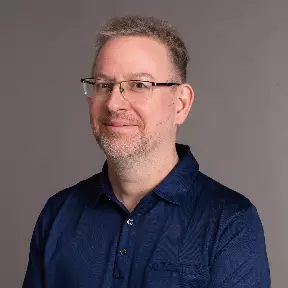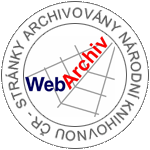Three congress days offered the opportunity to attend expert presentations in the form of keynotes or hot topic lectures, and gain new experiences in thematic workshops. As part of the conference, a workshop led by the SIMU team of instructors (Prof. Štourač, Doc. Kosinová, Dr. Vafková, and Dr. Barvík) took place, titled "Student as a Teacher Programme for First Aid Simulation-based Education,” where they presented a unique program for educating student instructors in first aid teaching.
Another active participation was a invited lecture by Dr. Skříšovská, who familiarized the audience with results of a simulation-based study on the effectiveness of ventilation during pediatric cardiopulmonary resuscitation. Dr. Skříšovská also became vice president of SESAM for the next two years.
One of the parallel workshops focused on research related to simulations (SiRen), which should not be missed by anyone planning to publish in this specific field. Other workshops were dedicated to debriefing techniques, simulation scenario creation, educational curriculum, or virtual reality integration. An interesting workshop for me was about conducting interviews for research purposes - a method that is widely used in the field of simulation medicine but seems to be currently underrated in our country.
The conclusion of the European Society for Simulation in Healthcare (SESAM) Congress in Lisbon was marked by the full accreditation of the Simulation Centre at Masaryk University (SIMU). This ceremonial act was preceded by almost two years of preparation. The accreditation primarily focuses on proper teaching methodology and monitoring educational objectives, aiming to provide guidance through questions when filling out required documents, not only ensuring that everything is conducted according to established standards but also prompting management to improve the quality of education and daily operation of the simulation center. Completing the necessary documents for accreditation was complex because SIMU has no equivalent in Europe in terms of size and equipment. It was, for example, necessary to provide a detailed description of the areas of all rooms and available equipment, educational activities, demonstrate the expertise of instructors, or explain how SIMU addresses the needs of students.
Receiving the accreditation certificate was a beautiful symbolic punctuation mark, representing the daily efforts of extraordinary people and proof that we should be proud in this regard.














